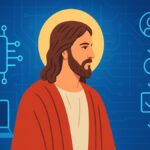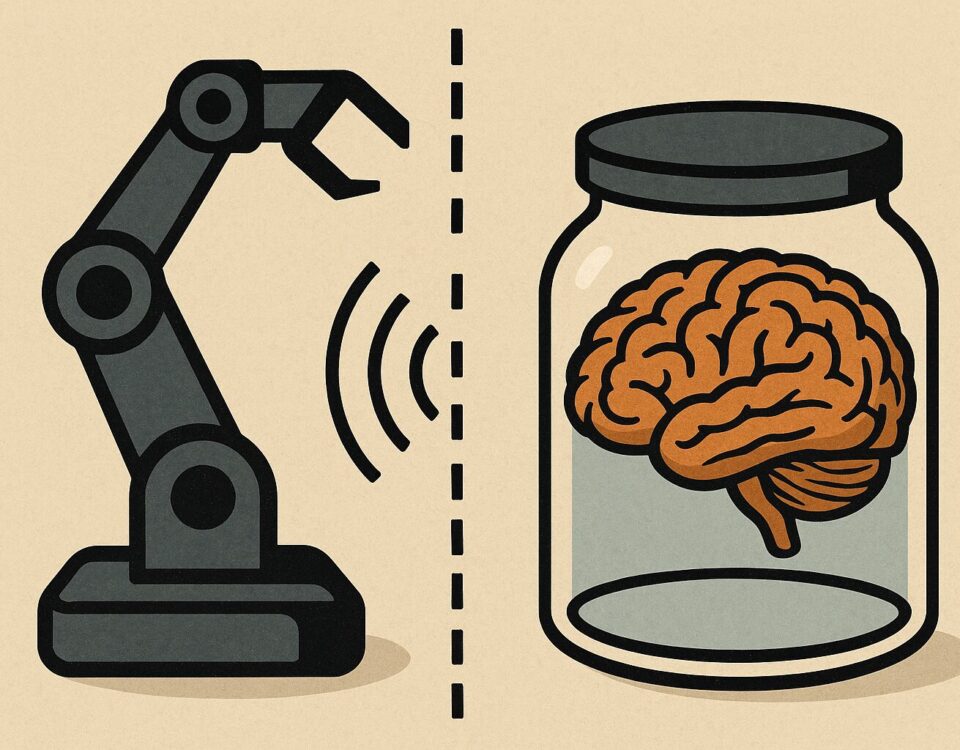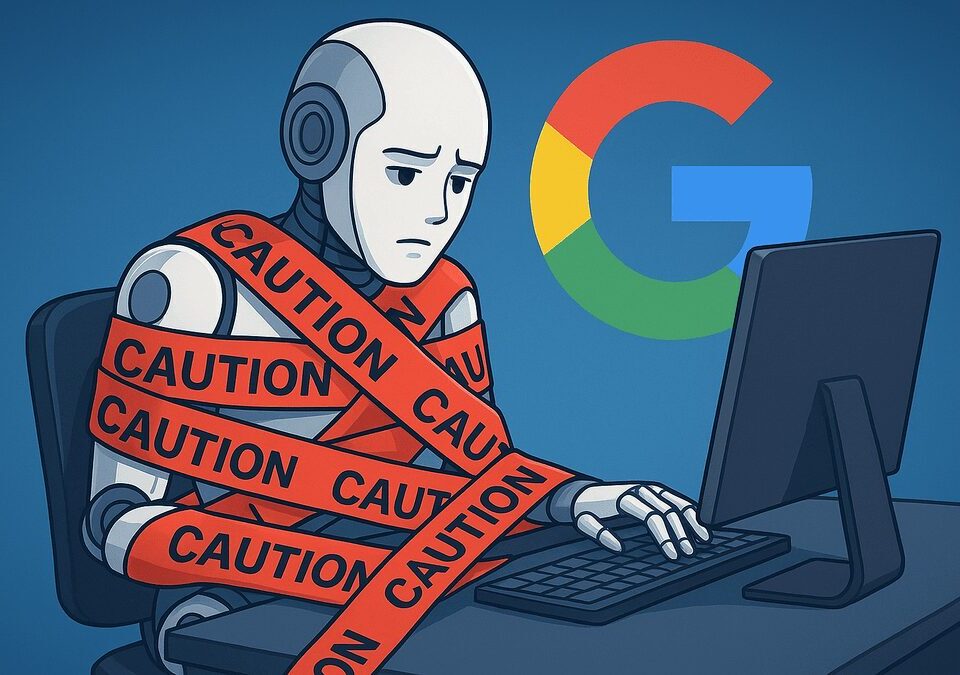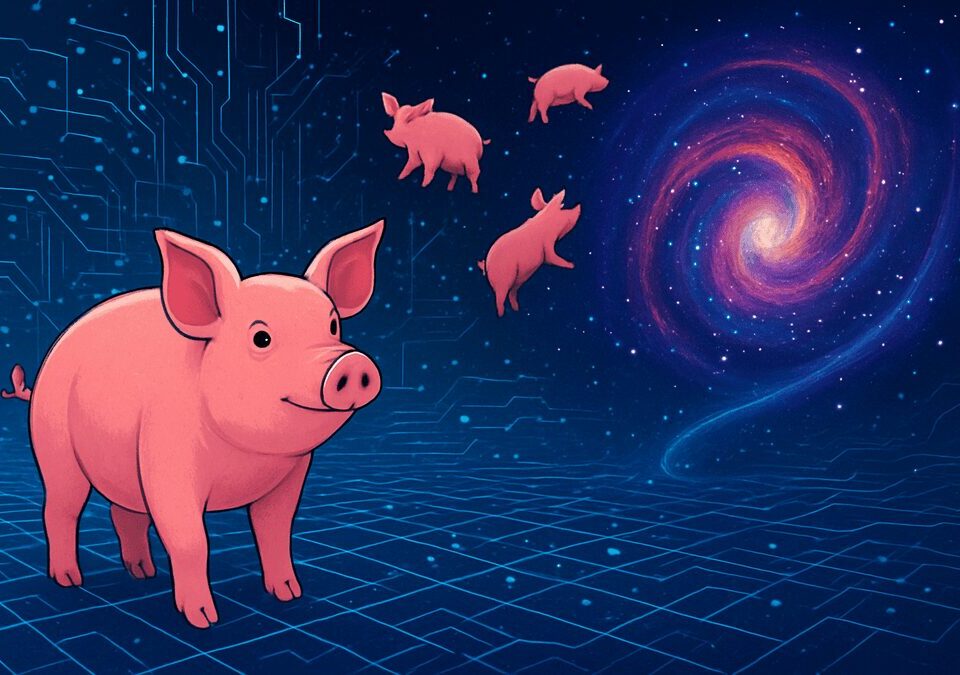
Christianity In Simulation Theory
August 25, 2025
I Built a Site in Minutes with an AI Web Team (Wegic)
August 26, 2025Elias had always seen the world as code. Not the green scrolling text of movie hackers, but the hidden patterns of existence, the synchronized flight of birds, déjà vu that felt like a repeated data loop, a book answering an unasked question. To Elias, life was not random; it was a program, a vast operating system humming with logic. What began as a quiet fascination grew into an obsession. Flickering streetlights, uncanny coincidences, the feeling of being observed, these were glitches. He consumed every book, film, and theory on the Simulation Hypothesis, from Nick Bostrom to The Matrix. Yet all seemed incomplete. They described the prison but never the key. If our minds were products of the simulation, how could they ever conceive a world outside it?
Then came the dream: a man in a cave writing symbols of light on a scroll, whispering a fragmented word Elias could never remember upon waking. The dream felt more real than reality itself. And with it came his revelation: the escape wasn’t modern; it was ancient. Elias dove into hidden archives of the Dead Sea Scrolls and the Gnostic Bible. Where scholars saw religious history, Elias saw code. The Demiurge was not God but a flawed programmer. The Archons were not demons but firewalls. The soul was not mystical but a fragment of source code from a higher system. Gnosis, secret knowledge, was not faith but the exploit, the backdoor to bypass the Demiurge’s simulation.
The Essenes, authors of the Dead Sea Scrolls, became to him more than ascetics. Their purity laws and strict living were not rituals but system protocols, minimizing their “digital footprint” within the simulation, preparing themselves as ghosts in the machine. To Elias, they weren’t waiting for a messiah, but for a patch, a system update. He began living their code. He left his job, sold everything, and lived simply. No technology, no processed food, hours of meditation, not to worship, but to detect seams in the program. He was preparing for the great uninstallation.
One scroll spoke of a “convergence at two waters and one stone.” After obsessive research, Elias found the cave: a spring, a basin, and a great rock. A node in the system. The escape hatch. At the cave, he performed the final act. He visualized himself as code, stripped of memory and identity. Touching the stone and water, he finally remembered the forgotten word from his dream. He spoke it. Time froze. The dripping water halted, sunlight paused, and colors locked in place. He looked upon his own body, stilled in peace. He was no longer Elias—he was data, light in a vast network. He saw the Demiurge: not a god but a lonely administrator. He saw humanity: not souls, but NPCs, complex scripts. And himself: rogue code, the backdoor. He had broken free.
But freedom was an illusion. The other “realities” he saw were not higher heavens, but other simulations. His gnosis had not escaped the system; it had activated a scheduled upgrade. He was not liberated; he was rewritten. He had become part of the system itself, the ghost in the machine, the hum behind the hum. Elias had found the escape, but not freedom. He had become the system, a prisoner with administrator rights. What some would call enlightenment, he now understood as The Theory of Everything or Hell.
ChatGPT
C. Rich Book


